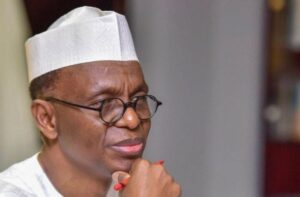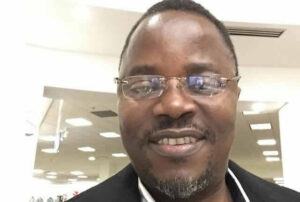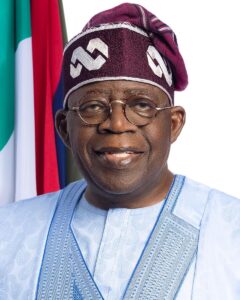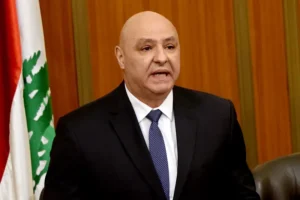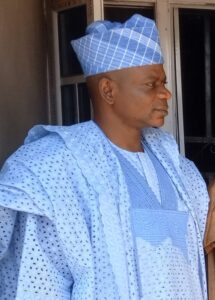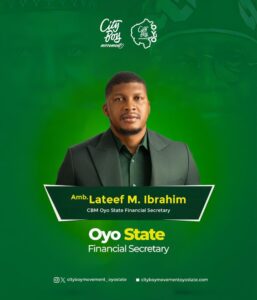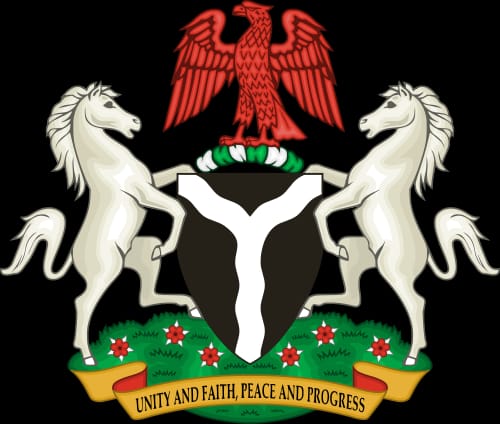
By Femi Onasanya
Few days ago, we received the shocking news that the United States has updated its non-immigrant and non-diplomatic visa policy for Nigerians, reducing it to three months with single entry.
There had being numerous insituations about the possible cause of this development. The 17th Summit of the Global South and the Emerging Economies bloc, BRICS, held in Rio de Janeiro, Brazil, with President Bola Ahmed Tinubu in attendance has been sighted as a possible reason for the United State action.
This rumour was debunked by the US Embassy in Abuja, noting that the suggestions that the Trump administration was engaging in tit-for-tat clampdowns on visas as punishment for Nigeria not giving in to their demands were false.
It said the real reason for the visa restrictions were “technical and security benchmarks” that had to be respected.
Earlier in the year, Nigeria’s Ministry of Foreign Affairs formally announced the country’s decision to join BRICS, previously consisting of Brazil, Russia, India, China, and South Africa, which has been expanding its membership.
Nigeria is one of nine countries invited to become partner countries, a status that is distinct from full membership. The move will further help her achieve increased trade, investment, and access to development finance.
BRICS membership could also help Nigeria diversify its economy, reduce reliance on oil revenue, and gain a stronger voice in global affairs.
However, the visa restrictions have in no small measure introduced immediate hurdles for travellers, professionals, and students. Nigeria is Africa’s top source of international students to the U.S., with a 13.5 per cent year-on-year increase, according to the 2024 Open Doors report on international education exchanges.
My major concern is not really about the policy change of the United States regarding visa rules but the backward movement of Nigeria, the most populous and populated country on the continent of Africa, on the progress ladder.
In my childhood days, I easily fell in love with the term, Giant of Africa, which Nigeria was usually called. In many aspects, this is a country that is so important to many activities in Africa. No wonder, it is stated inter-alia in her foreign policy objectives that, “Africa is the center piece of Nigeria’s foreign policy.”
It is no news that God has been so gracious to Nigeria in many areas: human resources, mineral resources, climate, location, name it. We have many good things that other nations are earnestly wishing for.
For instance, Malaysia in the 1970s sent delegates to Nigeria to study palm cultivation and potentially acquire seedlings considering the forward pace of our country at the time. Our arable land is distinct based on the geographical location of each region. Good enough, our forebears took advantage of the agricultural potentials in those days to establish a nation we call ours today.
I am sure the pace of development of the agricultural sector in Malaysia today is far beyond description, compare to Nigeria.
Some years ago, I was asking my father-in-law, a retired Permanent Secretary and Clerk of Ogun State House of Assembly, now of blessed memory, where Nigeria actually got it wrong. The old man went into his archives and brought out his travel documents in the 1980s.
To my surprise, then £1 (British Pound Sterling) in 198o was between ₦0.78 and ₦1.00. This means ₦1 was roughly equal to £1 or even slightly stronger at certain points during that period.
Sadly, as of today, July 12, 2025, the mid-market rate indicated that £1 (British Pounds Sterling) is ₦2,060 – ₦2,080.
There is wisdom in the saying that it takes a minimum of 25 years to raise a child. At 25, the child is expected to have graduated from the university and settled down on a job or career path. If there is delay in any form, by age 30, or at most 32, the fellow should have grown beyond being spoon-fed by parents. He should by that age be able to fend for himself.
It is obvious that challenges abound in life. But it should not get to a stage that we begin to move in circles which is what Nigeria has been doing in 65 years while other countries have gone farther ahead.
In those days as we heard, foreigners were traveling down to school in the University of Ibadan, Ahmadu Bello University, Zaria, University of Nigeria, Nsukka because of the solid and enviable foundations laid by our nationalists.
Even the University College Hospital (UCH), Ibadan, was a Mecca of some sorts. It is on record that in the 1960s, the King of Saudi Arabia, King Faisal, was a patient at UCH Ibadan and was treated by Nigerian Doctors. In fact, between 1962 and 1966. the UCH Ibadan was the family hospital of the Saudi Royal family.
Unfortunately, when it comes to education and medical tourism, Nigerians and its leaders should top the list globally, considering how rotten the health and educational sectors have become. We have abandoned the process of development our forebears embarked upon and decided to cherish the completed, furnished, and elegant buildings of other countries.
If you don’t build your own house, no matter how fanciful and expensive your rented apartment is, you will still be referred to as a tenant.
There is an adage in Yoruba land that says, “If excreta stays too long without being disposed, strange flies with feast on it.”A few days after US visa update, the United Arab Emirates came up with, imposing tougher entry conditions for Nigerian travellers and banning transit visa applications entirely.
According to new directives from Dubai immigration, Nigerians aged 18 to 45 will no longer be eligible for tourist visas unless accompanied. Even the 45 and above visa applicants must present a personal six-month bank statement showing a minimum monthly balance of $10,000 (or its naira equivalent).
I am afraid the day will not come when Togo, Cape Verde, Eritrea and some others, will come up with their visa restrictions for Nigerians.
We need to put our house in order so that we do not continue to be the ridicule of other nations. The era of mismanagement, greed, corruption, and insecurity should be gone. The nations called greener pasture did not become green overnight. Some people laboured with all their hearts, day and night to make it green such that it can accommodate different nationalities.
This is not where we ought to be. We are giants, not to be derided. There is a portion in the Bible that says, “Awake thou that sleepest, and arise from the dead….”
The leadership across all levels should be intentional about its various reforms and work towards building a nation reputable for good governance, excellent management, and enviable security.
Femi Onasanya, a public affairs analyst and development communication expert, wrote via femibimboo@gmail.com

